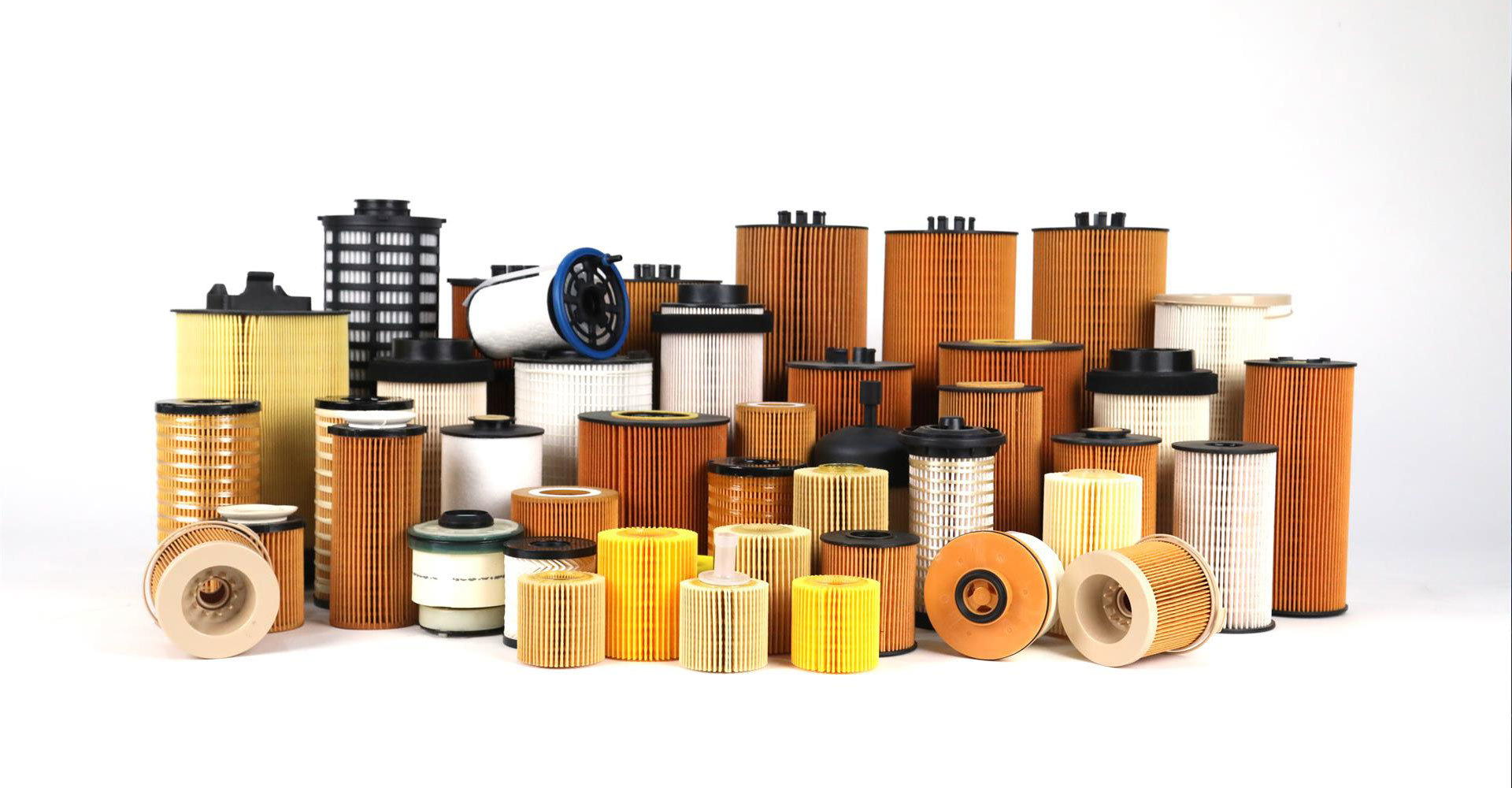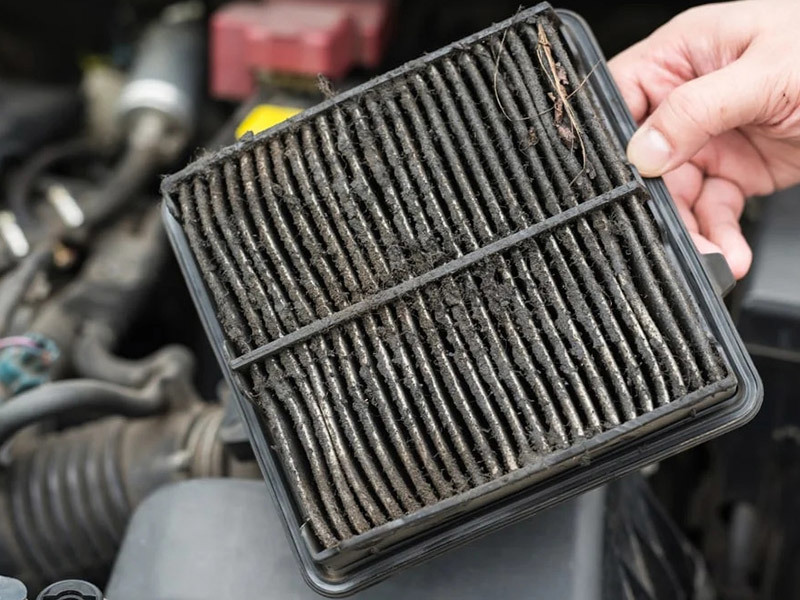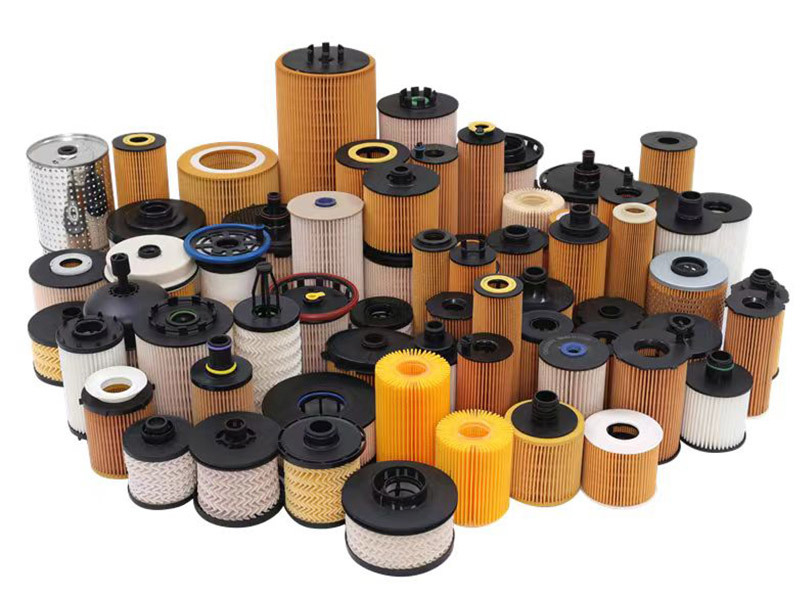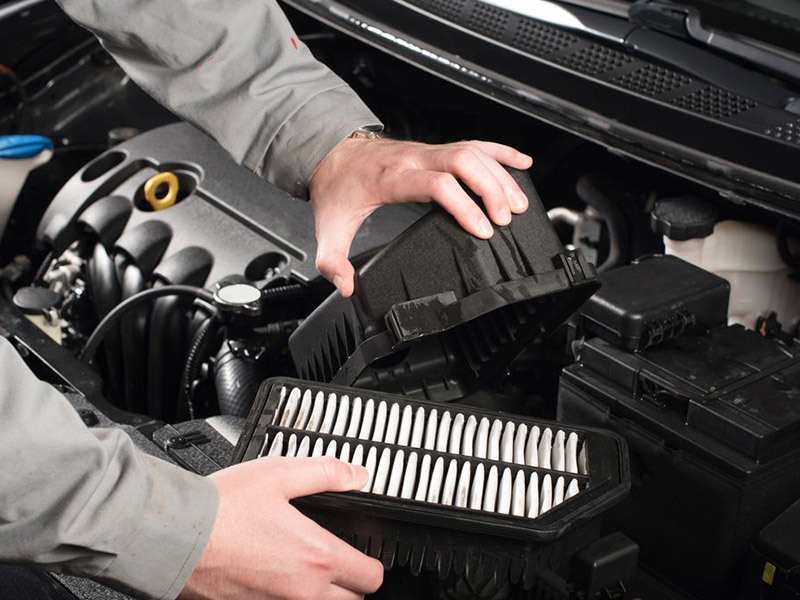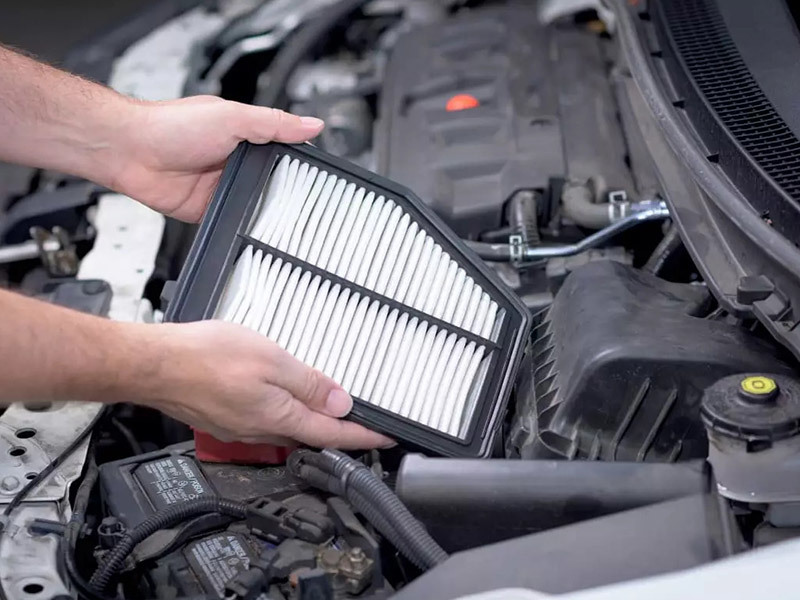Focus On Hot Spots
Contact Info
E-mail: tengsen@injenfilter.com
Business Phone: +86-18131928561
WhatsApp: +86-18131928561
Address: Ge Xianzhuang Zhen Wu Jia Na Cun Xi, Qinghe County, Xingtai City, Hebei Province
Enhancing Engine Longevity with Top-Notch Automobile Fuel Filters
Release Time:
Oct 05,2025
Enhancing Engine Longevity with Top-Notch Automobile Fuel Filters In the world of automotive maintenance, the importance of **automobile fuel filters** cannot be overstated. These essential components play a critical role in ensuring that your engine operates smoothly and efficiently. By filtering impurities and contaminants from the fuel before it reaches the engine, high-quality fuel filters not
Enhancing Engine Longevity with Top-Notch Automobile Fuel Filters
In the world of automotive maintenance, the importance of **automobile fuel filters** cannot be overstated. These essential components play a critical role in ensuring that your engine operates smoothly and efficiently. By filtering impurities and contaminants from the fuel before it reaches the engine, high-quality fuel filters not only enhance performance but also significantly extend the life of your vehicle. This article explores the vital aspects of automobile fuel filters and how they contribute to engine longevity.
Table of Contents
- Understanding Fuel Filters: The Basics
- The Importance of High-Quality Fuel Filters
- Types of Automobile Fuel Filters
- Signs of Fuel Filter Problems
- Maintaining Your Fuel Filters for Longevity
- Choosing the Right Fuel Filter for Your Vehicle
- Fuel Filters and Engine Performance
- Frequently Asked Questions
Understanding Fuel Filters: The Basics
Fuel filters act as the first line of defense for your engine. By removing dirt, rust, and other contaminants from the fuel, these filters ensure that only clean fuel enters the engine. A **fuel filter** can prevent wear and tear on fuel injectors and the combustion chamber, which can lead to costly repairs if not addressed. Understanding their function is crucial for vehicle owners who want to maintain optimal engine health.
The Importance of High-Quality Fuel Filters
Investing in **top-notch fuel filters** is essential for several reasons:
- Improved Engine Performance: Clean fuel means better combustion, which leads to improved engine performance.
- Increased Engine Longevity: By preventing contaminants from damaging the engine, high-quality fuel filters can significantly extend its lifespan.
- Better Fuel Efficiency: A clean fuel filter enhances fuel efficiency, ultimately saving you money at the pump.
- Reduced Emissions: Cleaner fuel combustion leads to lower emissions, contributing to a cleaner environment.
Types of Automobile Fuel Filters
Different types of fuel filters are designed for various applications. Here’s a look at the most common types:
Inline Fuel Filters
Inline fuel filters are typically found between the fuel tank and the engine. They are designed to catch larger particles and contaminants, ensuring that the fuel reaching the engine is as clean as possible.
Fuel Tank Filters
These filters are located within the fuel tank and serve to filter out debris before the fuel is pumped to the engine. They are often part of the fuel pump assembly and can be crucial for maintaining the integrity of the fuel supply.
Carburetor Filters
Carburetor filters are specifically designed for older vehicles with carbureted engines. They prevent dirt and grime from entering the carburetor, which can lead to poor engine performance and efficiency.
Signs of Fuel Filter Problems
Recognizing the signs of a failing fuel filter is essential for maintaining engine health. Here are some common indicators:
- Engine Stalling: If the engine stalls frequently, it may indicate that fuel is not flowing smoothly due to a clogged filter.
- Difficulty Starting: A vehicle that struggles to start may have a blocked fuel filter, preventing adequate fuel supply.
- Lower Fuel Efficiency: If you notice a sudden drop in fuel efficiency, a dirty fuel filter may be the culprit.
- Engine Misfires: Irregular engine performance or misfires can result from insufficient fuel flow caused by a clogged filter.
Maintaining Your Fuel Filters for Longevity
Proper maintenance of fuel filters is vital for ensuring their longevity and functionality. Here are some tips:
- Regular Inspection: Check your fuel filter according to your vehicle's maintenance schedule. Look for any signs of wear or damage.
- Replacement Schedule: Follow the manufacturer’s recommendations for replacing fuel filters. Generally, they should be replaced every 15,000 to 30,000 miles, depending on the vehicle and driving conditions.
- Use Quality Fuel: Filling up with high-quality fuel can reduce the amount of debris that reaches the filter, prolonging its life.
- Clean Fuel System: Regularly cleaning the fuel system can also help maintain a healthy fuel filter.
Choosing the Right Fuel Filter for Your Vehicle
Selecting the appropriate fuel filter for your vehicle is crucial for optimal engine performance. Consider these factors:
- Vehicle Make and Model: Always choose a fuel filter that is compatible with your vehicle’s specifications.
- Filter Quality: Opt for reputable brands known for their high-quality fuel filters, as this can greatly impact engine health.
- Type of Fuel: Ensure that the fuel filter is suitable for the type of fuel your vehicle uses, whether unleaded, diesel, or alternative fuels.
Fuel Filters and Engine Performance
The relationship between fuel filters and engine performance is direct and significant. Clean fuel filters contribute to:
- Optimal Combustion: Ensuring that only clean fuel reaches the engine allows for optimal combustion, which directly affects power and efficiency.
- Reduced Wear: Clean fuel minimizes wear on engine components, leading to a longer lifespan.
- Smoother Operation: A well-maintained fuel filter contributes to smoother engine operation, reducing vibrations and improving the overall driving experience.
Frequently Asked Questions
1. How often should I replace my fuel filter?
It is typically recommended to replace your fuel filter every 15,000 to 30,000 miles, but always check your vehicle’s owner manual for specific guidelines.
2. Can a dirty fuel filter cause engine damage?
Yes, a dirty fuel filter can lead to insufficient fuel reaching the engine, potentially causing misfires, stalling, and even significant engine damage over time.
3. What are the symptoms of a clogged fuel filter?
Common symptoms include engine stalling, difficulty starting, lower fuel efficiency, and engine misfires.
4. Are aftermarket fuel filters as good as OEM filters?
Aftermarket fuel filters can be of equal quality to OEM filters, but it's essential to choose reputable brands to ensure reliability and performance.
5. How can I ensure my fuel filter lasts longer?
Regular maintenance, using high-quality fuel, and following the manufacturer’s replacement schedule can significantly extend the life of your fuel filter.
Conclusion
In conclusion, **automobile fuel filters** play a crucial role in enhancing engine longevity and performance. By investing in high-quality filters, maintaining them diligently, and understanding their significance, vehicle owners can ensure their engines run smoothly for years to come. Remember, a well-maintained fuel filter is not just a small part of your vehicle; it is an essential component that protects your engine and optimizes performance. Prioritize your vehicle's health, and reap the benefits of a longer-lasting engine.
Key words:


